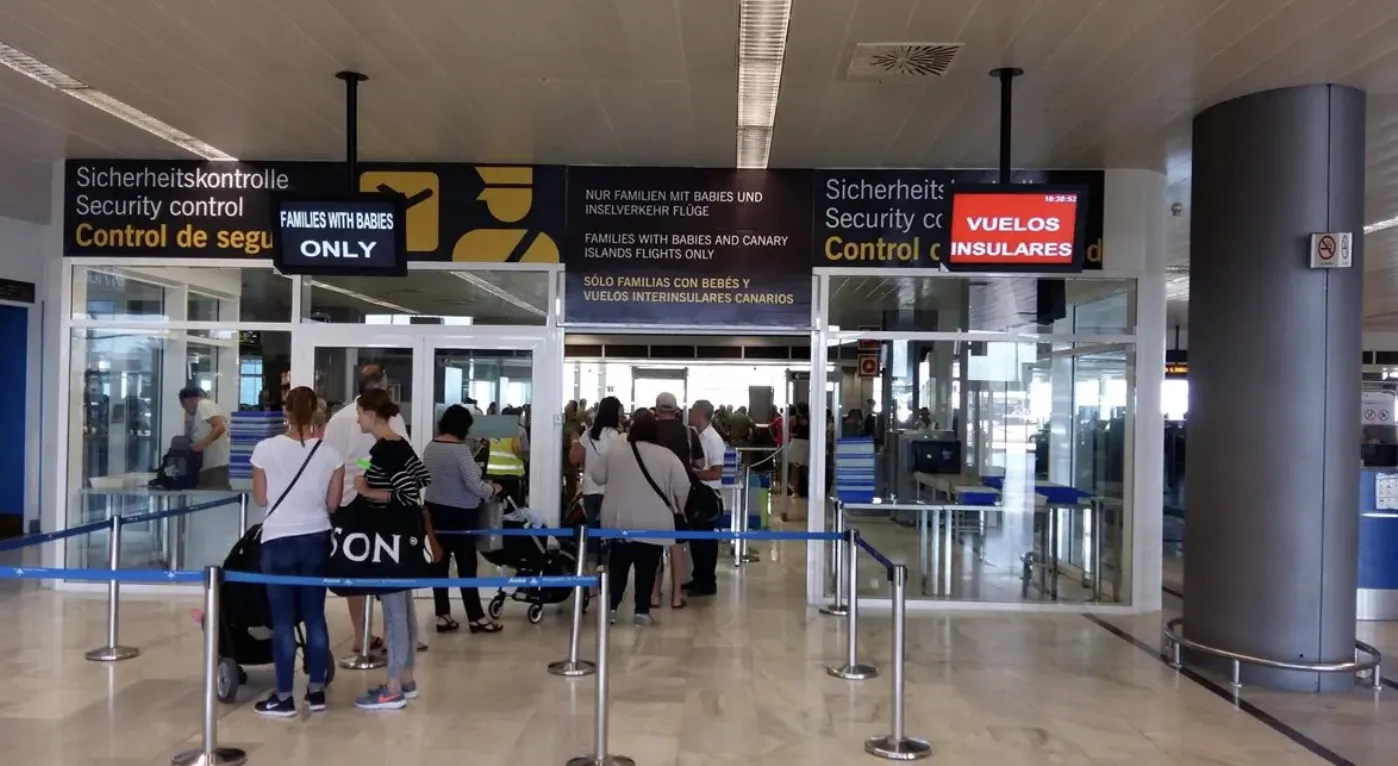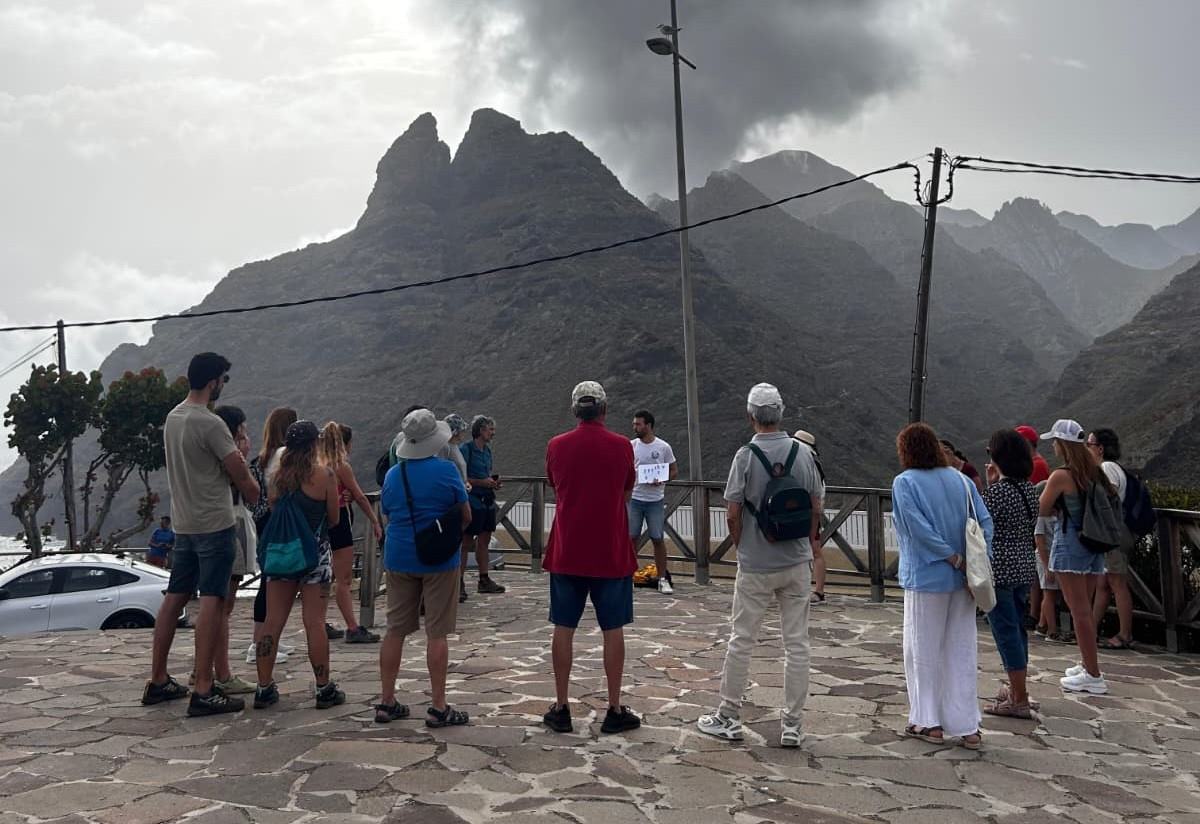Unidas Podemos Urges Compliance with Agreements Recognising Luis Rodríguez Figueroa and Antonio González as Victims of the Dictatorship
Rubens Ascanio, councillor and co-spokesperson for Unidas Podemos in La Laguna, will remind the council at Thursday’s session of the need to fulfil the agreements made in the council meetings of November 2024 and May 2025 concerning two local victims of Francoism: the former republican deputy Luis Rodríguez Figueroa, whose 150th birthday is commemorated this November, and Antonio González, an activist and trade unionist murdered in October 1975.
He notes that Antonio González was a resident of Ortigal who succumbed to the horrific torture he endured on October 29, 1975, marking fifty years since that tragic event. Ascanio emphasises that, despite the presence in the council chamber of a group that often justifies or defends past pre-democratic periods, a unanimous agreement was reached, similar to the one achieved in 2015. “We believe this is an act of justice and a way of supporting a family that still has an open wound and deserves institutional support, especially in light of the actions promoted by the Ministry of Democratic Memory,” he asserts.
Luis Rodríguez Figueroa’s Legacy
In the case of Luis Rodríguez Figueroa, a majority agreement was reached in 2024, recognising him as a pioneer of his time: “An intellectual who used his voice and pen to fight for a fairer future.” The approved motion noted that the elected deputy in the February 1936 elections spent the last years of his life in La Laguna, where his renowned home, Villa Loreto, was attacked and looted in October 1936. The family faced the disappearance of one son, experienced exile and imprisonment of another, and the detention and disappearance of Luis Rodríguez himself. “This is not merely a plenary agreement; it is a recognition that, as democrats and as a government claiming to be progressive, we should logically pursue to acknowledge and promote his cultural legacy,” Ascanio added.
Time for Action
They believe there has been ample time in both cases to develop agreements and collaborative efforts, including funding these projects with available resources from existing agreements with the Secretary of State for Democratic Memory, which provides municipalities with financial support through the Justice Department of the Canary Islands Government and the Insular Council.
Unidas Podemos expects that their request will be taken into account and that, with the time elapsed since the plenary agreements, it has already been planned for implementation. “The Democratic Memory Law is an instrument that reinforces what was already outlined in the Historic Memory Law. Now, it is about giving meaning and significance to its basis, which is to dignify victims who have been forgotten for almost eighty years and, at times, mistreated institutionally, following the Amnesty Law,” he concluded.














